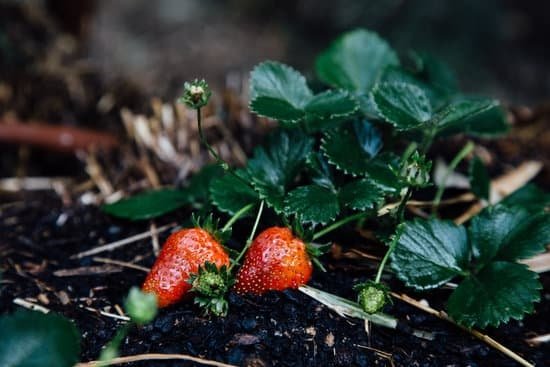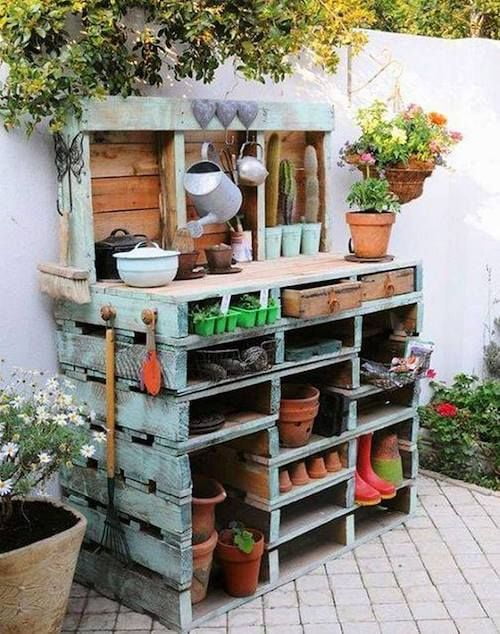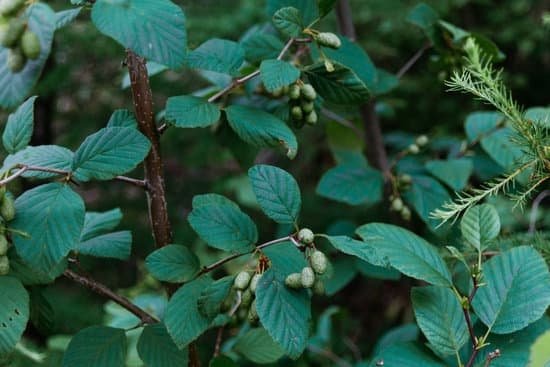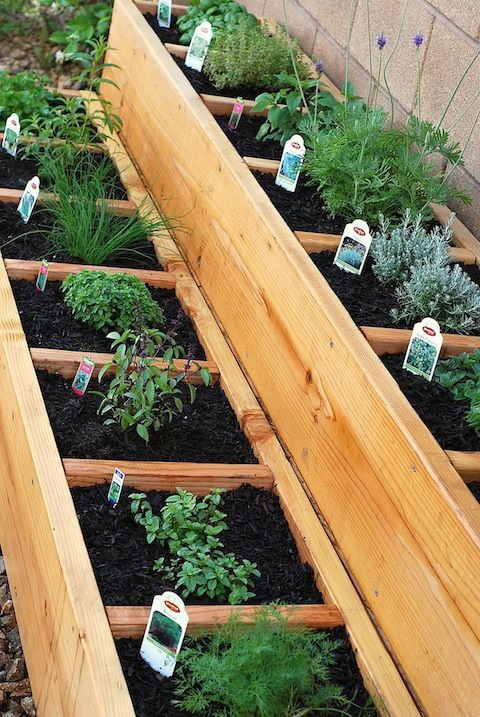Organic Gardening Tips Fertilizer
is the key to a great garden. You can either use chemical fertilizers, or organic fertilizers. Chemical fertilizers are quick-acting and give you immediate results, but they can also be harmful to the environment. Organic fertilizers are slower-acting, but they are safer for the environment, and they also help to build up the soil. There are many different types of organic fertilizers available, so you can find one that suits your needs.
One type of organic fertilizer is compost. Compost is made from decomposed organic matter, such as leaves, grass clippings, and kitchen scraps. It is a great source of nitrogen, phosphorus, and potassium, and it also helps to improve the soil structure. You can make your own compost, or you can buy it from a garden center.
Another type of organic fertilizer is manure. Manure is made from the feces of animals, such as cows, horses, and chickens. It is a great source of nitrogen, phosphorus, and potassium, and it also helps to improve the soil structure. You can buy manure from a garden center, or you can collect it from a local farm.
Another type of organic fertilizer is bone meal. Bone meal is made from the bones of animals, such as cows, horses, and chickens. It is a great source of phosphorus and calcium, and it also helps to improve the soil structure. You can buy bone meal from a garden center, or you can collect it from a local butcher.
Another type of organic fertilizer is fish emulsion. Fish emulsion is made from the remains of fish, such as heads, guts, and scales. It is a great source of nitrogen, phosphorus, and potassium, and it also helps to improve the soil structure. You can buy fish emulsion from a garden center, or you can collect it from a local fish market.
Another type of organic fertilizer is seaweed. Seaweed is a type of algae that grows in the ocean. It is a great source of nitrogen, phosphorus, and potassium, and it also helps to improve the soil structure. You can buy seaweed from a garden center, or you can collect it from a local beach.
Another type of organic fertilizer is green manure. Green manure is made from plants that are grown specifically for the purpose of fertilizing the soil. It is a great source of nitrogen, phosphorus, and potassium, and it also helps to improve the soil structure. You can buy green manure from a garden center, or you can grow it yourself.
Better Homes & Gardens Tips For Organizing Closets
There’s nothing like a good spring cleaning to make you feel organized and in control of your environment. But where to start? One of the best places to begin is by organizing your closets. Not only will this make it easier to find what you’re looking for, but it will also give you a feeling of accomplishment and order.
Here are a few tips for getting your closets in order:
– Start by taking everything out of the closet and sorting it into categories. This might include clothes, shoes, hats, belts, and accessories.
– Once everything is sorted, begin putting things back into the closet, but only in an organized way. For example, hang all of your clothes together, then put all of your shoes together, and so on.
– Use storage containers and shelves to organize smaller items, such as belts and hats.
– If you have a lot of clothes that don’t fit, consider storing them in garment bags or boxes and storing them in the attic or basement.
– Keep a donate box handy and be prepared to get rid of clothes that you haven’t worn in a while.
By following these tips, you can get your closets in order in no time!
Organic Gardening Tips 101
There is a lot of confusion about organic gardening. What does it mean? What is the difference between organic and conventional gardening?
Organic gardening is a type of gardening where you use only natural or organic methods to care for your plants. This means that you do not use any synthetic pesticides, herbicides, or fertilizers. You also do not use any chemical-based soil amendments.
Organic gardening is not the same as sustainable gardening. Sustainable gardening is a type of gardening that focuses on using resources in a way that is not harmful to the environment. Organic gardening is a part of sustainable gardening, but it is not the only part.
The main difference between organic and conventional gardening is the use of synthetic pesticides, herbicides, and fertilizers. Conventional gardeners use these products to control pests and diseases and to fertilize their plants. Organic gardeners do not use these products.
There are many benefits to organic gardening. The first is that it is better for the environment. Conventional gardening relies on the use of synthetic pesticides, herbicides, and fertilizers. These products can be harmful to the environment. They can contaminate soil and water supplies, and they can kill beneficial insects and animals.
Organic gardening also benefits the gardener. It is healthier for the gardener to not be exposed to synthetic pesticides, herbicides, and fertilizers. Organic gardening is also cheaper in the long run. Conventional gardeners have to buy synthetic pesticides, herbicides, and fertilizers every year. Organic gardeners do not have to buy these products. They can use natural methods to control pests and diseases, and they can use organic fertilizers to fertilize their plants.
There are many different ways to garden organically. You can choose the method that works best for you.
Organic Gardening Organic Gardening Tips
– How to Grow Organic Vegetables
Organic gardening is a great way to get fresh, healthy produce while also protecting the environment. Here are some tips on how to get started:
1. Choose the right plants. Not all plants are suitable for organic gardening. Choose plants that are suited to your climate, soil type, and growing conditions.
2. Amend the soil. Organic gardeners rely on organic matter to improve the fertility and structure of their soil. Add compost, animal manure, or leaf mold to your soil to improve its ability to hold water and nutrients.
3. Mulch. Mulching helps to protect the soil from erosion and helps to maintain moisture levels. It also helps to suppress weed growth.
4. Use organic fertilizers. Organic gardeners rely on natural fertilizers such as compost, animal manure, and green manures to provide their plants with the nutrients they need.
5. Use organic pesticides. There are a number of natural pesticides that can be used in organic gardening. These include insecticidal soap, horticultural oil, and Bacillus thuringiensis (Bt).
6. Practice crop rotation. Crop rotation helps to maintain the fertility of the soil and to prevent the build-up of pests and diseases.
7. Keep records. Keep track of what you plant, when you plant it, and how well it grows. This will help you to fine-tune your organic gardening techniques.
Organic Gardening Tips For Tomatoes
The soil in which you plant tomatoes should be fertile, well-drained and loose. Add organic matter to the soil before planting to improve drainage and fertility. Amend the soil with compost, manure or garden soil.
When planting tomatoes, bury the plant up to the first set of leaves. Space the plants 18 to 24 inches apart in the garden. If you are growing tomatoes in containers, use a pot that is at least 12 inches deep and 6 inches in diameter.
Water the tomatoes regularly, especially during the hot, dry summer months. Mulch around the plants to help retain moisture in the soil.
Fertilize the tomatoes once a month with a balanced organic fertilizer.
Prune the tomato plants to remove suckers and lateral branches. This will help produce larger, healthier tomatoes.
Harvest the tomatoes when they are ripe. Tomatoes that are green or partially green will not be as sweet or juicy as those that are fully red.

Welcome to my gardening blog! I am passionate about plants and enjoy sharing my knowledge and experiences with others. In this blog, I will write about everything related to gardening, from tips on how to get started to updates on my own garden projects.





